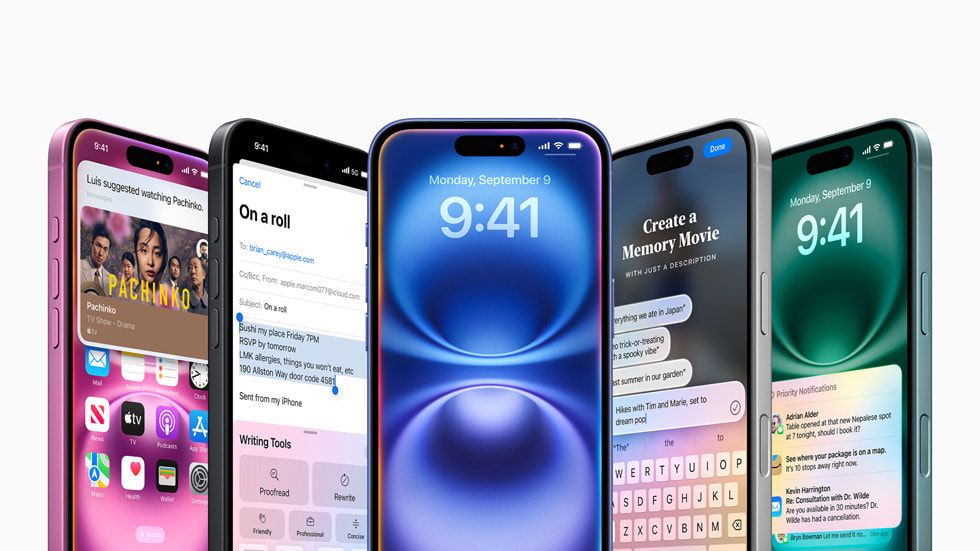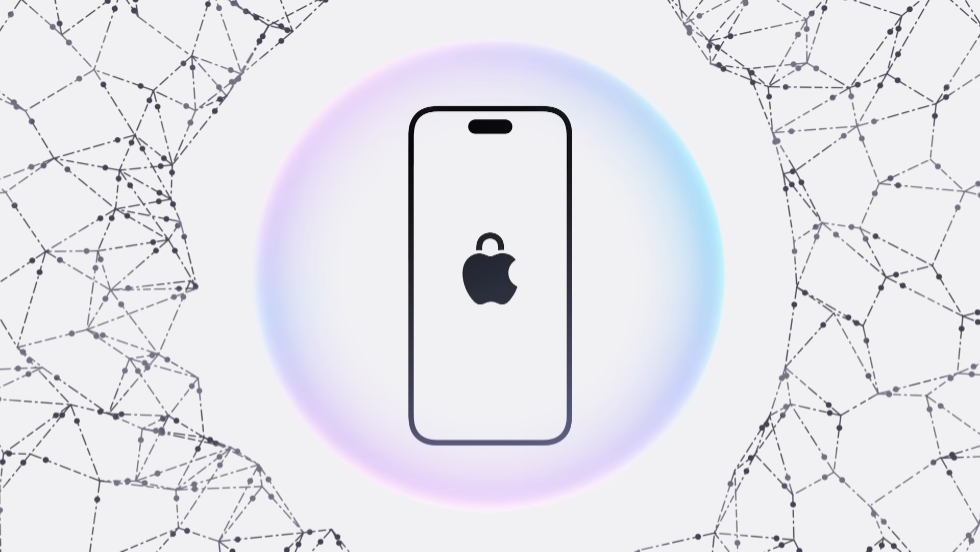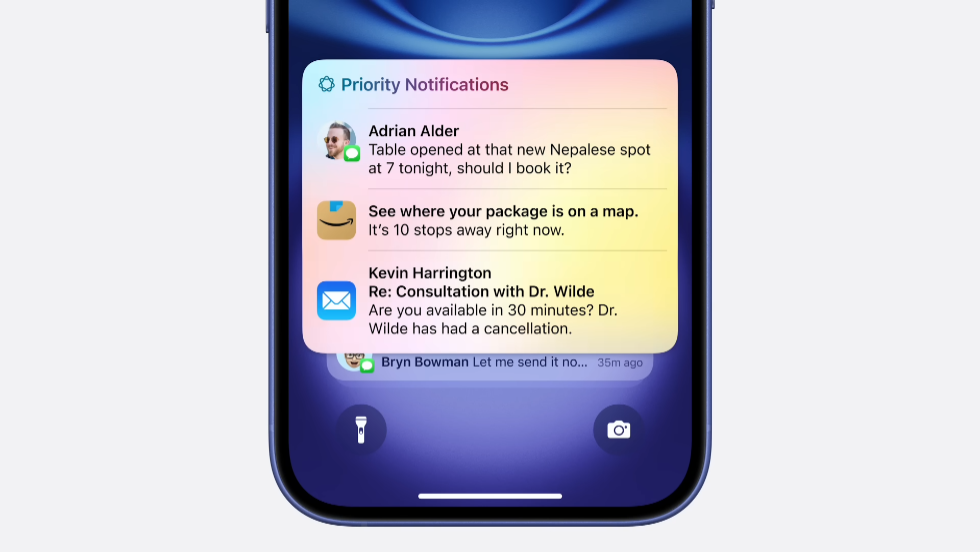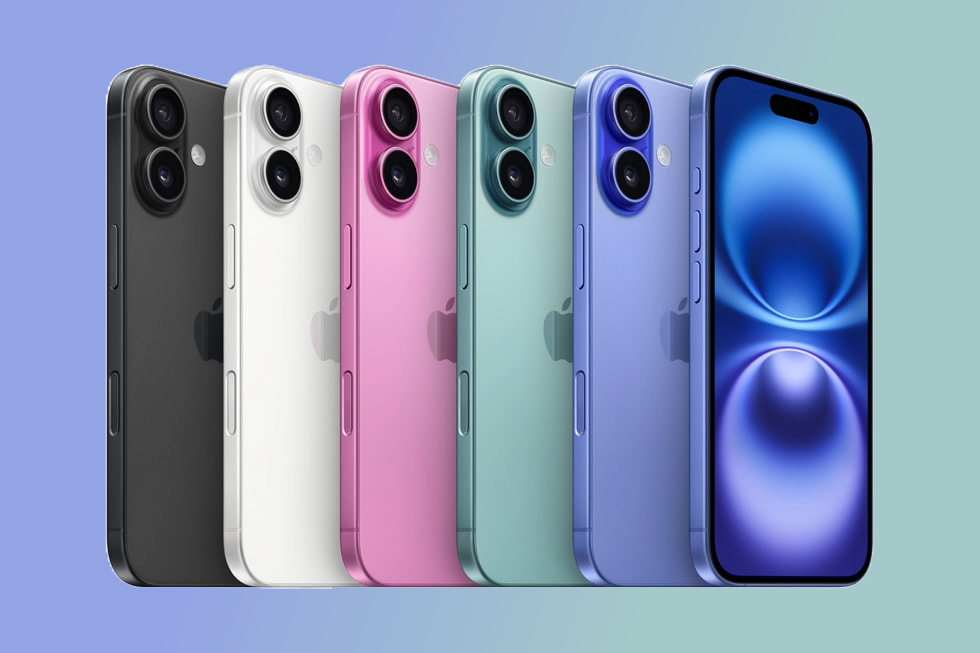Key Takeaways
- Apple Intelligence on the iPhone might be the first AI product that fits seamlessly into people’s lives thanks to its deep integration in iOS 18 for compatible devices.
- Productivity features and Apple’s focus on data security make Apple Intelligence a far more attractive option than any other AI product to date.
- The success of Apple Intelligence depends on how well it works in practice, especially compared to Samsung’s Galaxy AI which is more subtle but still highly functional.
I’ve owned an Android smartphone for over a decade. I’ve been tempted by the iPhone on occasion, but I’ve never seriously considered switching. Seeing what Apple Intelligence is bringing to the table is enough to make me seriously consider the move.
Apple Intelligence Looks Too Well Integrated to Ignore
I’m really excited by Apple Intelligence. I’m not an AI fanboy (I see it as a risk to my livelihood, after all) but I respect the level of detail that Apple puts into making its products work well. Apple Intelligence, from everything we’ve seen so far, is too well integrated for it to be ignored.
Let’s contrast this with Samsung’s approach. I own a Samsung Galaxy S23, and Samsung’s integration of Galaxy AI is far more subtle. It lightly pushes features to the front, but it isn’t making them the focus. Features like Circle to Search help me find things, but it isn’t a feature I’ve used more than a couple of times. I’ve used the other features like AI photo editing more, but these aren’t must-haves for me.
What is a must-have is a smarter Siri. Apple Intelligence-powered Siri understands complex spoken requests, even when you stumble over your words. Couple that with features that I do see a use for, like AI-powered notification sorting and tools for writing up emails automatically, and the iPhone 16 suddenly becomes a much more tempting proposition.
There is a caveat, however. It all depends on how seamless Apple Intelligence is to use in practice. I suspect much of what we’ll see with Apple Intelligence will develop over time, just like Samsung’s AI tools are seeing regular improvements. This could make it difficult to pass judgment in the early stages of the rollout, which begins with October’s iOS 18.1 update.
I Trust Apple’s Claims About AI Data Security
Apple is a company that has a reputation for putting privacy first (for the most part). One of my biggest concerns with companies like OpenAI is that too much data is being shared to train and tweak its models. That’s an even bigger concern when you integrate it into your smartphone and give it full and complete access to your lives.
Apple has made it clear that it isn’t going to do that. It runs an LLM (large language model) on the iPhone itself to process most requests, meaning that no data is shared with the company at all. For beefier AI tasks, Apple will use its new “Private Cloud Compute” system, which Apple promises won’t store any of your data at all.
Apple has also made clear that independent security researchers will be able to continually verify whether Apple’s AI data security claims are true or not.
It’s impossible to undersell how big of a deal this is. In the gold rush for AI products, it’s very easy to see how personal data is becoming a commodity. The fact that Apple is taking steps to avoid this makes me more sure that an AI-powered iPhone could be my next smartphone.
Apple Intelligence Could Be a Game Changer for Productivity
I’ve worked from home for several years now and, between work and my social life, it’s tricky to keep on top of everything. A phone that can actively take charge for me, prioritizing the information I need to see and giving me more focus, is something I’m intrigued by.
There are a few ways that Apple is planning on doing this. Apple Intelligence’s new focus mode will scan through your notifications to determine what you really need to know and summarize them for display. If I’m working, I’ll want to know that my doctor is trying to contact me, but I probably don’t care about an upcoming deal from Dominos (at least until I finish).
I suffer from email overload, too, so knowing that Apple is introducing tools to prioritize my most important messages and summarize the content will keep me on track and speed things up considerably. The devil is in the detail, but if this works as described, I can see the iPhone becoming an essential tool to keep myself focused at work, rather than becoming distracted by it.
Apple Needs to Stick the Landing
I might own an Android smartphone, but I also own a MacBook. It has the best build quality of any laptop I’ve ever owned. You might not be an Apple fan, but you can’t deny that the company knows product design.
That’s why I’m bullish about Apple Intelligence’s success. Apple is very good at building up tools and features that people actually want and wrapping them in a user interface that anyone can pick up and use. If Apple can pull off AI integration in the iPhone, it’ll change the game. You’ll see non-techies using AI on their iPhones every day, even if it’s just to create custom AI-generated emojis.
All of this depends on how good the functionality is in real-world use. That’s why Apple has to make this work to pull me in. AI dominates both the iOS 18 launch and the iPhone 16 range. The company is all-in. If it’s clunky, or doesn’t work as well as advertised, then cynicism is going to grow.
If that happens, don’t forget that Samsung’s approach with Galaxy AI is far more subtle, offering seamless tools that the company can grow and build upon over time. Should Apple fall at the first hurdle, it’ll make Galaxy AI look like a far more sensible option.
I like my Galaxy S23, but if Apple Intelligence is as powerful as it’s shaping up to be, then I’ll be picking up an iPhone soon after launch. If the iPhone 16 underperforms, then I may wait it out for Apple to fix all the bugs and go for the rumored iPhone 17 Air that could launch in 2025.
If you’re in a similar boat, you might want to check out how to switch from Android to iPhone next. No, the process isn’t seamless as just upgrading to the S24, but thanks to the Move to iOS app, it isn’t as difficult as you might think, either.
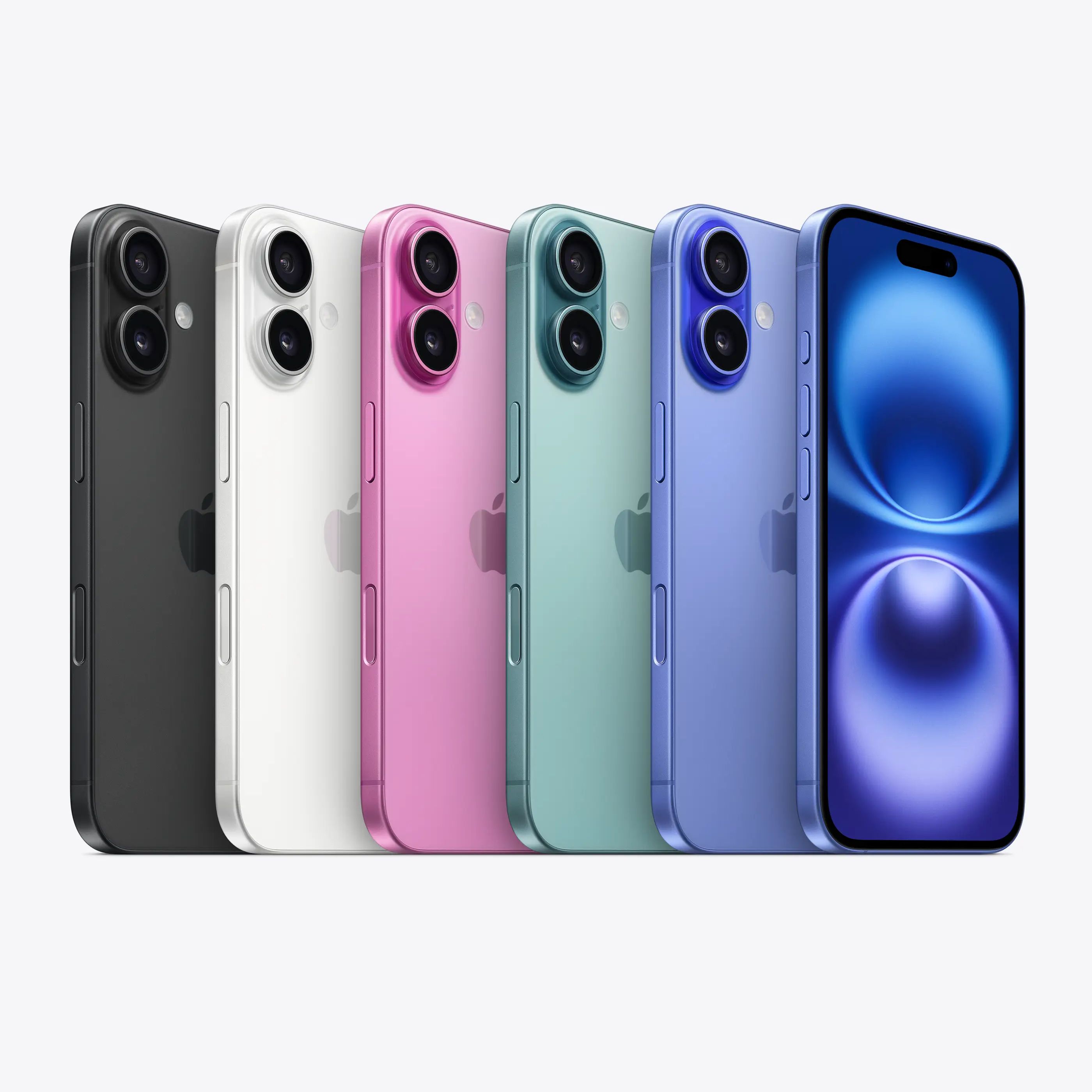
Apple iPhone 16
Apple’s newest iPhone featuring a camera button, programmable action button, and artificial intelligence features.


